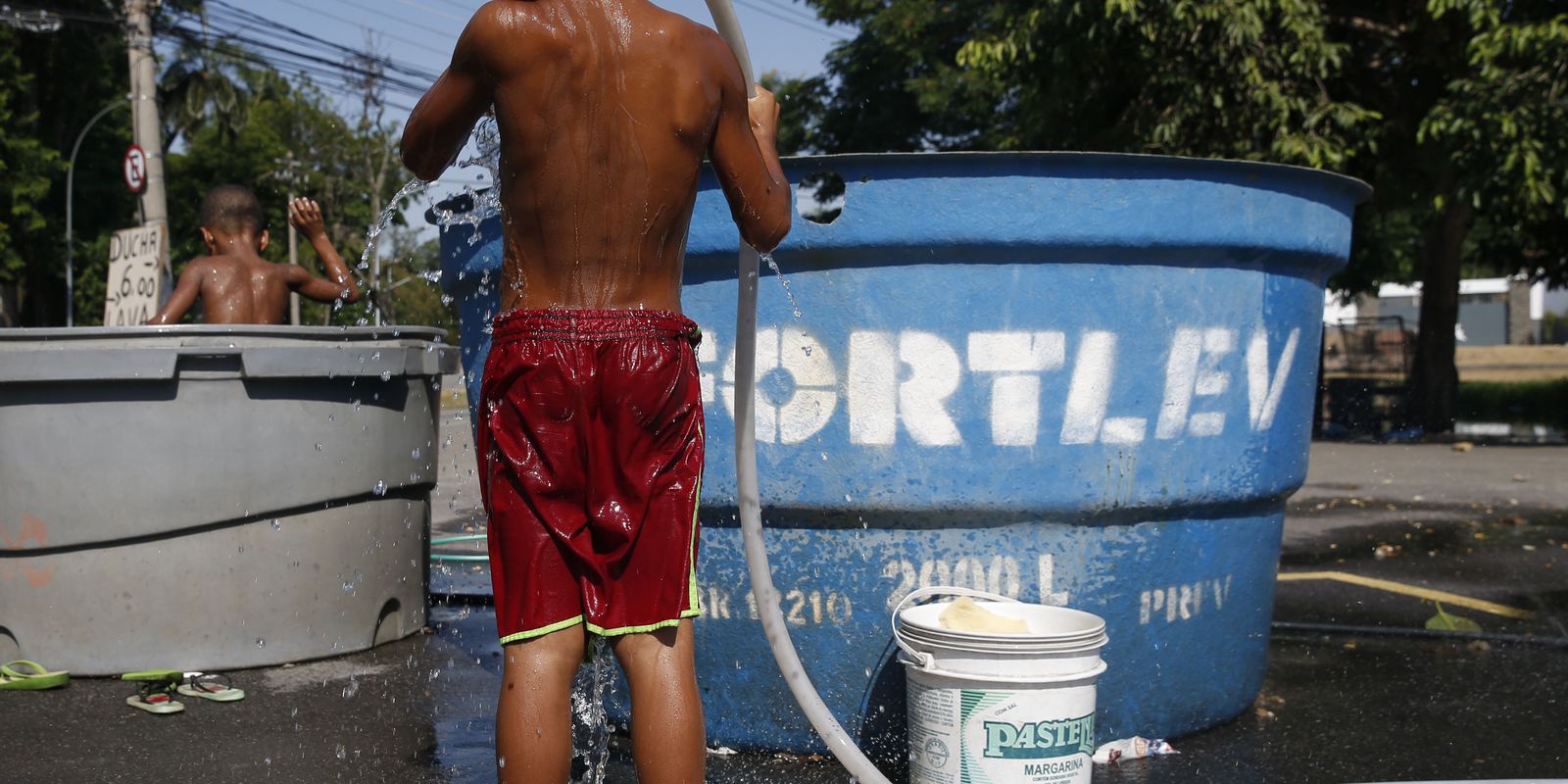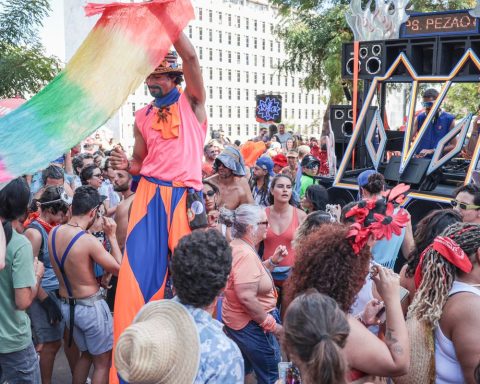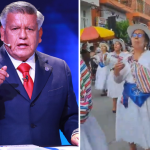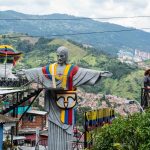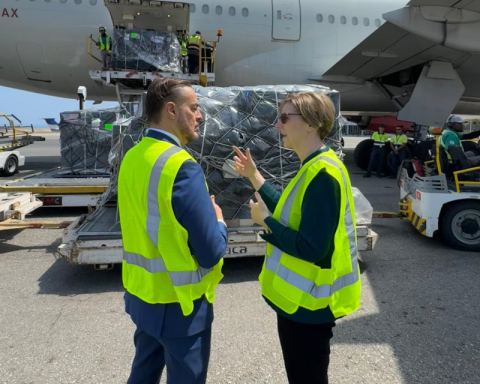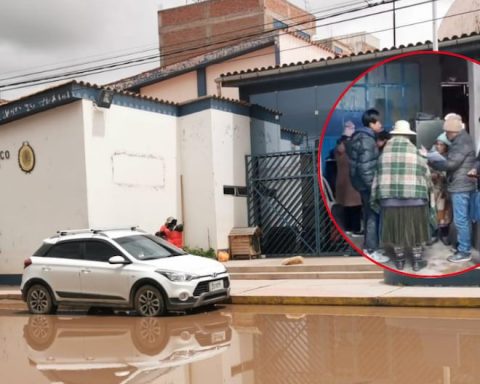A study led by the Center for Data Integration and Knowledge for Health (Cidacs) of the Oswaldo Cruz da Bahia Foundation (Fiocruz Bahia) highlights profound inequalities in infant mortality in Brazil. The research, which served as the basis for an article published in the October issue of The Lancet GlobalHealth, reveals that indigenous children are 14 times more likely to die from diarrhea. The risk is 72% higher among black children when compared with the odds of those born to white mothers.
From January to August 2019, 16 indigenous children from Alto do Rio Purus, Acre, died of diarrhea – the youngest was one month old. According to Fiocruz Bahia, science shows that this is not a quick crisis, but a chronic condition resulting from the living and health conditions of Brazilian indigenous children.
As with the elderly, children under 5 are more susceptible to risks arising from the place where they live, water quality, lack of access to basic sanitation and health services and schooling, among others. factors.
For the researcher associated with Cidacs/Fiocruz Bahia who led the study, Poliana Rebouças, being a child and ethnicity make a difference between living or dying. “Racism operates as a factor that will determine the child’s living conditions, the mother’s years of schooling, the place where she was born, so it is important to be considered”, said Poliana.
systems
The research analyzed 19,515,843 million children born between January 1, 2012 and December 31, 2018, in data collected from the Live Birth System (Sinasc), and checked how many and which of them also appeared in the Mortality System (SIM) . Data extracted in 2020 found that 224,213 children under 5 years of age were found on SIM. What the study indicates is that these deaths often occur from preventable causes, such as diarrhea, malnutrition, pneumonia and flu, said Poliana.
As for the assessed risk, the group of children born to white mothers, in the same period, was used as a basis for comparison, always in relation to other groups, such as children of black or brown mothers. In the case of children of black mothers, there is a 39% higher risk of death before the age of 5 years. For children of black mothers, when considering the cause of death, there is twice the risk of malnutrition.
The survey also found that the causes most associated with the death of children under 5 years of age are diarrhea, malnutrition and pneumonia. If diarrhea affects the lives of indigenous children 14 times more, malnutrition reaches 16 times and pneumonia seven times. Among black women, there is also a risk of losing their children due to these causes. The risks were quantified at 72% (diarrhoea), 78% (pneumonia) and 2 times higher (malnutrition) compared to children born to white mothers. When accidental causes are evaluated, the study indicates that children of black mothers are 37% more likely to die than those of white mothers. Among indigenous people, the risk increases to 74%.
mothers
Evaluating the status relationship of these mothers, it was found that 52% of black women were single, against 43% of indigenous women, 45% of brown women and 36% of white women. In addition to experiencing motherhood alone, they are part of an important part of those who have four children, that is, three children alive at the time of delivery, plus the one that is being born. This group is led by the indigenous people, who have more children: they are 34%, blacks, 14%, browns, 12%, and whites, 6%.
According to research by Fiocruz Bahia, an important factor for the survival of mothers and children is that they perform at least six prenatal consultations. The group that was least under this health care was that of indigenous mothers, of whom almost a third (29%) did half of the recommended by health organizations. The proportion between blacks and browns was the same (11%) and, among whites, 5%. The study reinforces what has already been documented in other research: the racial inequalities of barriers to accessing maternal health services and the serious consequences for maternal and child health.
The study highlights the lack of resources to reduce ethnic-racial inequalities between indigenous, black, brown and black populations, which results in an unfavorable reality for such groups. The researcher Poliana Rebouças recalled that the National Comprehensive Health of the Indigenous People’s policies have been in place since 2002 and the National Comprehensive Health of the Black Population since 2006, but highlighted the need for more resources to be implemented. “The study shows this need,” she said.
The research shows that, in Brazil, black, mixed-race or black and indigenous mothers live in unfavorable conditions, have less schooling, lower frequency or late initiation of prenatal care and live further away from health services during childbirth. Such life circumstances generate a greater risk of negative outcomes, such as low birth weight, being born small for gestational age, prematurity and increased incidence of preventable diseases, which increases the risk of infant mortality.
Prematurity
Prematurity is also a prevalent factor among indigenous children and is present in 15% of births. This means that for every ten babies, more than one was born prematurely, which directly affects their development. These indigenous babies were born weighing less than 2.5 kilos in 90% of cases, the research attests.
